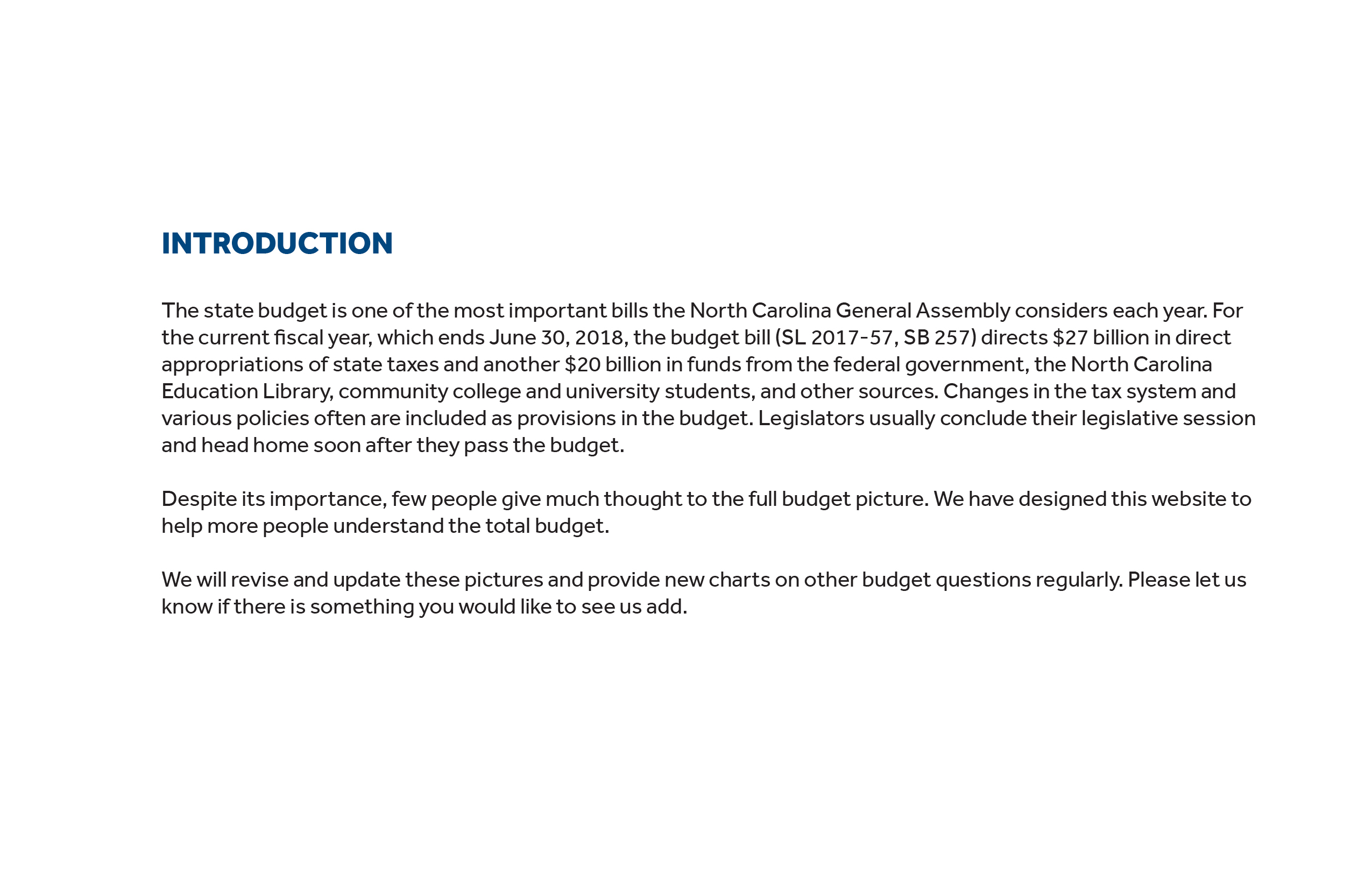With so many governors and former governors seeking the 2016 Republican presidential nomination, you might be wondering how you can judge their respective records. Kevin Hassett of the American Enterprise Institute tries to help with a brief column in the latest print edition of National Review.
Even if a million articles were written about the record of any single governor, consensus on whether the governor was good or bad for the economy would likely still prove elusive.
A hypothetical Governor Ponnuru could rescue a state from an abyss into which it threatened to fall yet still appear to have performed poorly when measured against a governor whose state had never come so close to catastrophe to begin with. Such a pattern might be especially relevant for Republicans who take over in historically blue states, where decades of Democratic malpractice may be difficult to undo in a term or two. Nonetheless, a governor who has a strong track record of job creation could well make the claim that he could deliver similar results to the nation as a whole. A governor without such a record would have to make a more difficult theoretical case that his policies have been conducive to job creation.
We attempted to identify the “governor effect” by comparing how state employment growth changed while a governor was in office with both national employment growth and the state’s employment growth under other governors. Those comparisons allow us to estimate the impact that a particular governor had on growth in the employment rate in his state, distinguishing that effect from the overall economy’s employment fluctuations and from the typical trajectory of employment fluctuations in the state. …
… Those with negative effects should not be too dismayed. No single statistical analysis can provide a complete picture of a candidate’s record as governor. New Jersey was a basket case long before Chris Christie took over, and was on a fiscal path similar to that of Greece. He probably did more for the state than this picture shows, because what would have happened without him would have been so terrible.



